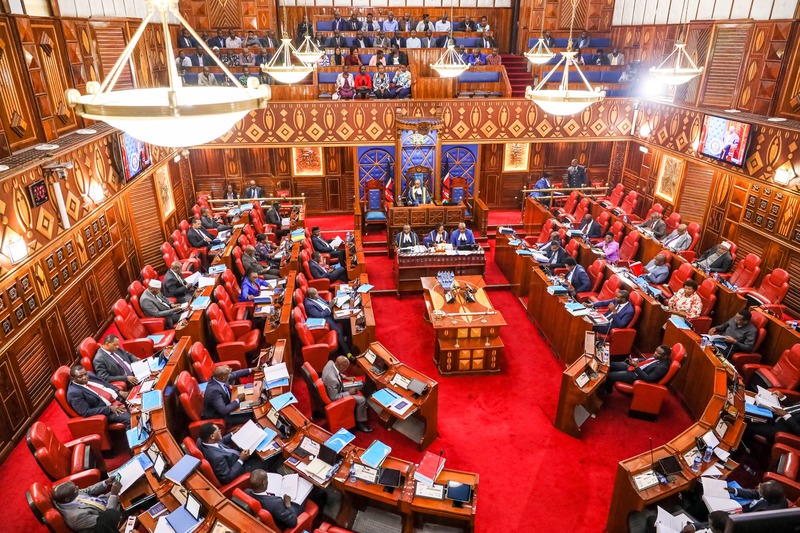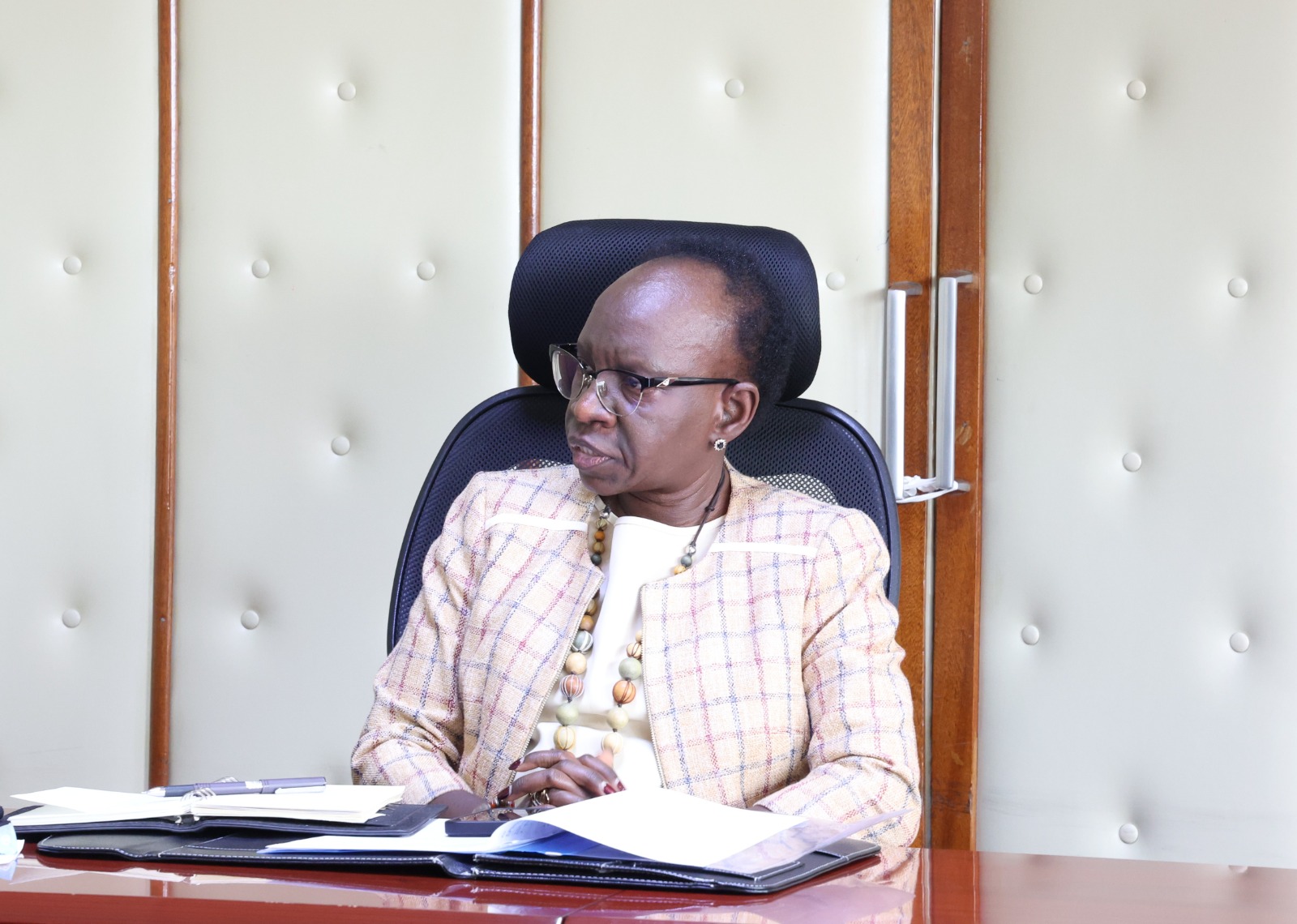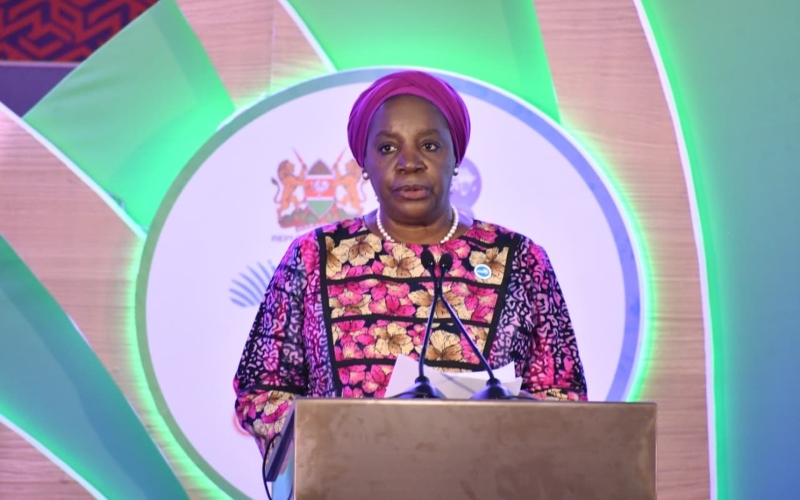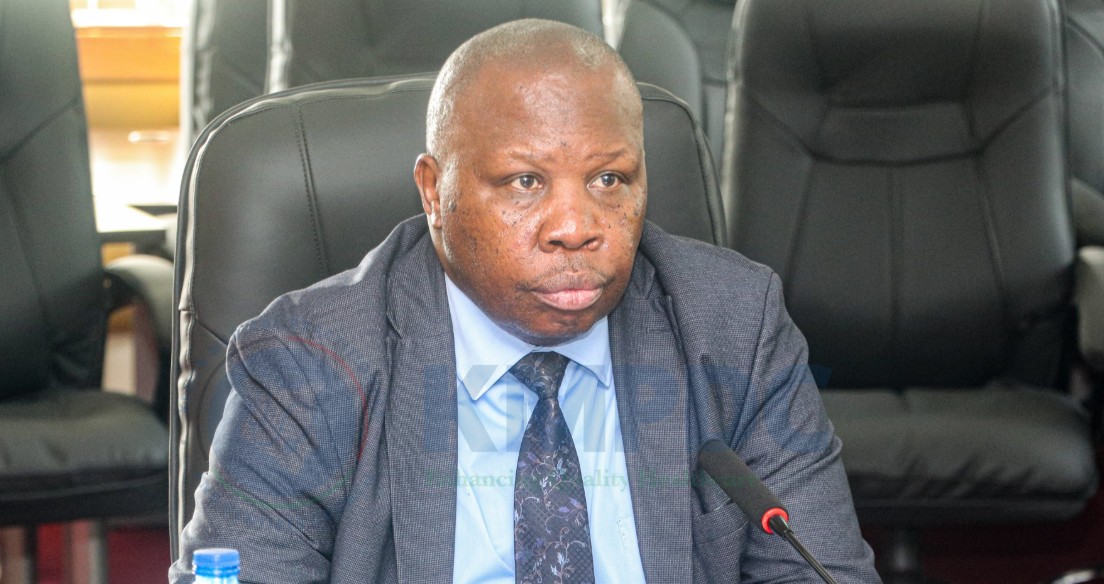Senate committee rejects bid to scrap vetting timelines for public appointments

Senator Daniel Maanzo criticised the bill as reckless, stating, “Even the Supreme Court has timelines. Without them, a nominee could automatically be appointed without scrutiny. The Senate should be involved in vetting, not just the National Assembly.”
A proposal to remove key legal timelines in the vetting of public appointments has been rejected by the Senate Justice, Legal Affairs, and Human Rights Committee after heated debate among members over its potential impact on transparency and accountability.
The Public Appointments (Parliamentary Approval) (Amendment) Bill, 2025, introduced by Senator Okong’o Mogeni, sought to do away with the current 28-day limit for vetting nominees, the clause that leads to automatic approval if Parliament delays, and the National Assembly’s power to extend the vetting period.
More To Read
- Teen who breached Parliament, claiming to be President Ruto’s son, freed
- Kenya borrowing Sh32.4 million every hour as total public debt hits Sh12 trillion
- Chebukati’s widow, Olekina, Osoro and Junet among 68 nominated for 2025 national honours
- MPs block plan to create new sextortion law
- MPs accuse Agriculture and Food Authority of ethnic bias, discrimination against PWDs
- Senators demand tough action after Lands CS Alice Wahome skips appearance
While defending his proposal, Mogeni argued that although the Constitution provides for timelines, it does not set specific limits for how long Parliament should take to vet nominees. “That discretion lies with us as MPs,” he said.
Senator Raphael Chimera also supported the bill, saying, “This proposal deserves a chance.”
However, a majority of committee members sharply opposed the amendments, warning that lifting the timelines would erode legislative oversight and encourage political interference.
Senator Tom Ojienda said, “I totally reject this proposal. This works in the USA and South Africa because they have political responsibility, something we lack here. Depending on a nominee’s perceived affiliation, they may never be vetted. We don't want a situation where people are appointed by default.”
Senator Daniel Maanzo criticised the bill as reckless, stating, “Even the Supreme Court has timelines. Without them, a nominee could automatically be appointed without scrutiny. The Senate should be involved in vetting, not just the National Assembly.”
Senator Maina emphasised the importance of constitutional order, warning, “Timelines are embedded throughout our Constitution. Removing them here is both dangerous and ill-informed.”
After an intense session, the committee voted to reject the bill and will now present its formal position to the Speaker of the Senate by July 31, 2025, in accordance with Standing Order 130.
Top Stories Today












































